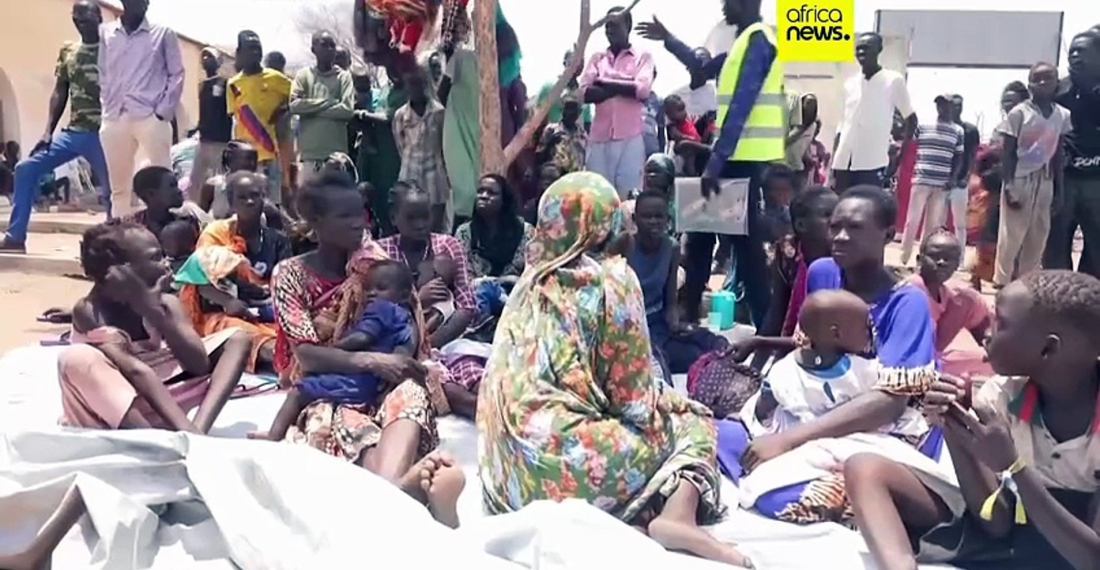A sharp rise in the abduction of aid workers for ransom is endangering humanitarian operations across South Sudan. Since the beginning of 2025, over 30 South Sudanese aid staff have been kidnapped, more than double the figure for all of 2024.
The trend is especially worrying because it undermines the ability of aid agencies to provide vital relief in a country already facing one of the world’s most severe humanitarian crises. Operations in remote areas, especially in Central and Western Equatoria, are being disrupted, and the fear among aid organisations is that the violence may spread more widely.
Though many abductees have since been released after ransom negotiations, the policy of most aid organisations and the United Nations is not to pay ransoms. In some cases, families have used neutral intermediaries, such as churches, to deliver payments.
The rise in frequency and severity of kidnappings coincides with increasing violence between the national army and various opposition groups. Since the 2018 peace agreement ended the civil war, a fragile unity government was established, yet this year has seen renewed hostilities. Some analysts point to a looming struggle over the succession of President Salva Kiir, whose health has been increasingly the subject of speculation.
Without urgent measures to address the security of aid workers, analysts warn that essential services may collapse. Monitoring, food distribution, medical aid and displacement support are all imperilled. Donor confidence is also shaken, with some funders signalling possible cutbacks if conditions do not stabilise. The result risks being wider suffering for vulnerable populations already under strain.






